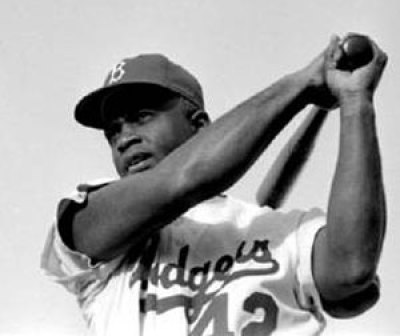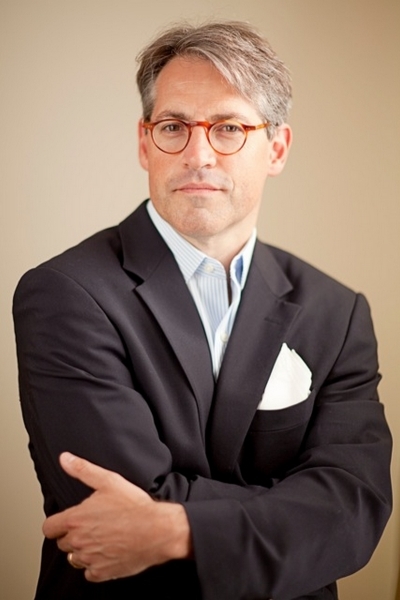The Jackie Robinson Story You Haven't Heard

Major league baseball celebrated Jackie Robinson Day on the day before Easter. It's a fitting coincidence.
April 15th marked the seventieth anniversary of Jackie Robinson's breaking the color line in major league baseball. Very few, if any, sporting events have ramifications that transcend the playing field, but this one did.
As George Will wrote on the occasion of the sixtieth anniversary of Robinson's debut, "[Babe] Ruth reshaped baseball; Jackie Robinson's life still reverberates through all of American life."
Martin Luther King Jr. said of him, "Robinson was 'a sit-inner before sit-ins, a freedom rider before freedom rides.'"
It's a history-altering story — and one that has Christianity at its center.

I've told Robinson's story before, most notably in my book "Seven Men." But a new book "42 Faith: The Rest of the Jackie Robinson Story," by Ed Henry of Fox News, and more importantly, of Astoria, New York (which is where I'm from!), fills in the details in a way that reinforces the central role of Christian faith in this story.
As Henry told me on the "Eric Metaxas Show," the book had an unlikely origin involving an embassy dinner with terrible food and overly long after-dinner remarks. Having had enough, Henry excused himself to the woman seated next to him and told her that he was going home to watch the World Series, to which she replied "my late father-in-law played a role in Jackie Robinson's breaking the color line."
Curious, Henry sat back down and listened as she told him that her father-in-law, a pastor in Brooklyn, heard a knock on the door late one night in 1945. A man walked in and paced back and forth not saying much. Finally, he announced "I'm going to sign Jackie Robinson."
The man, as Henry guessed, was Branch Rickey, the general manager of the Brooklyn Dodgers. People familiar with the Robinson story know that Rickey, like Robinson, was a Christian. What Henry didn't know before he heard the woman's story was the extent of Rickey's doubts about signing Robinson.
This was the starting point of Ed Henry's journey to discover 1) if Robinson knew of these doubts, and 2) what role the Christian faith played in the Robinson story. The result is a portrait of two Christians who changed history precisely because they were Christians.
Through countless interviews, Henry learned, as the subtitle put it, "the rest of the story." One part of that story is the role that Robinson's mother, Mallie, played by instilling the faith that made it possible for her son, Jack Roosevelt Robinson, to become Jackie Robinson, American icon.
As Henry tells readers, she "taught her kids to get down on their knees and pray each night before bed, a habit Jackie would continue right through his days as a famous baseball player." She would tell them that "prayer is belief."
Then there was the Reverend Karl Downs, the pastor at the church Robinson's family attended. One day, while Robinson and his friends were hanging out on a Pasadena street corner, Downs pulled up in his car and asked "Is Jack here?"
When no one, including Robinson, answered, Downs said "Tell him I want to see him at junior church."
Thus began a relationship that, in Henry's words, led to "a spiritual awakening for Robinson." In the short term, the relationship gave him purpose and direction, and in the long term, it helped him to "figure out how to persevere over Jim Crow."
The rest, as they say, is history. More importantly, as Henry makes clear, it's history made possible by two very different men's shared Christian faith.
Come to BreakPoint.org to learn how you can get a copy of Ed Henry's "42 Faith," as well as my book "Seven Men: And the Secret of Their Greatness."



























